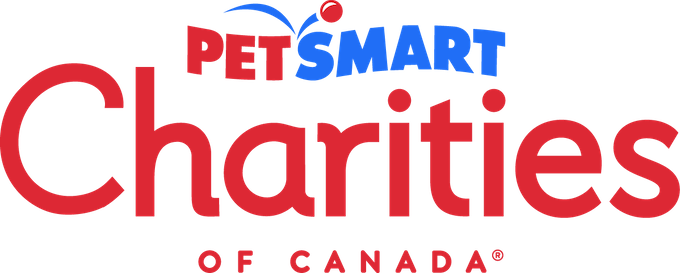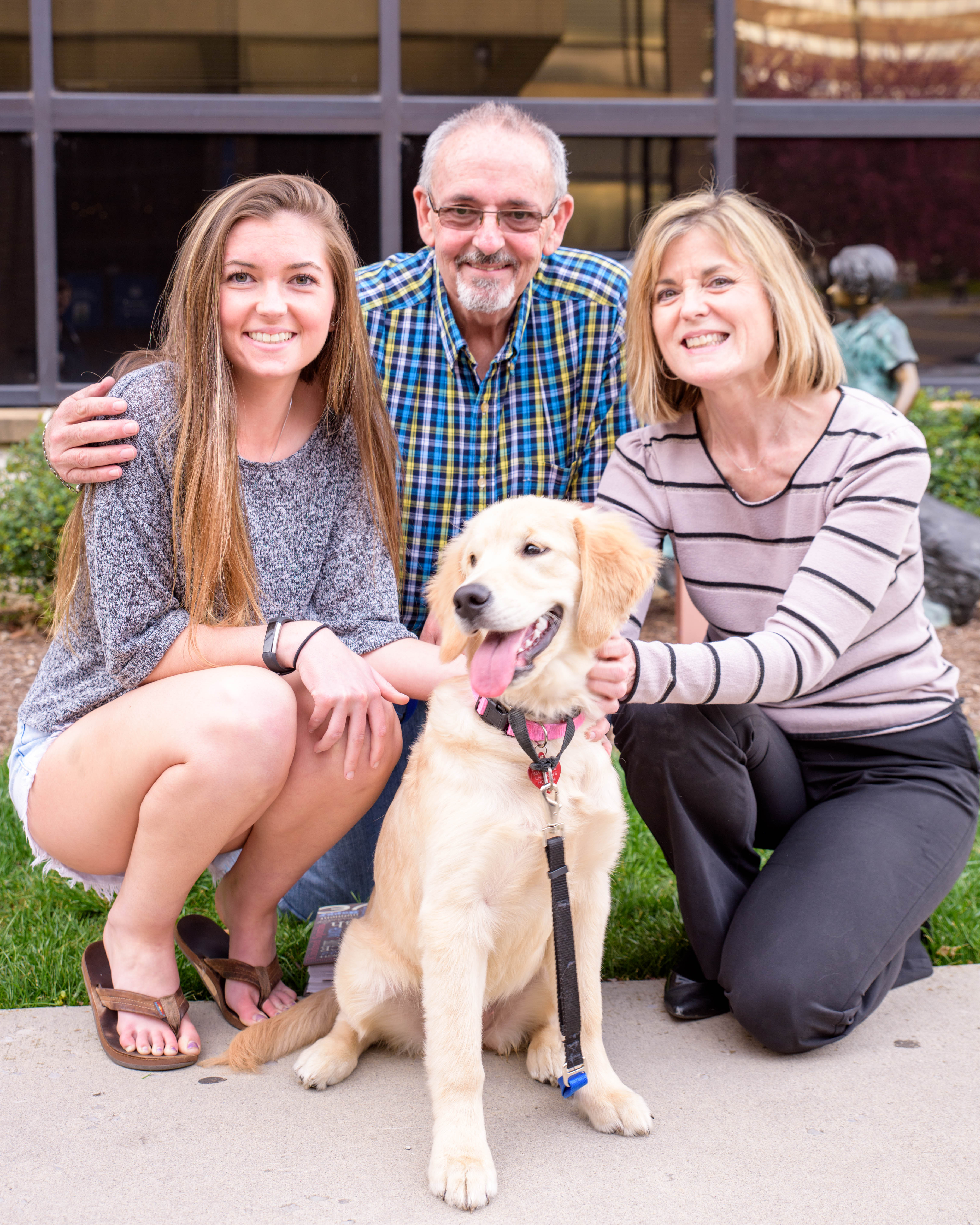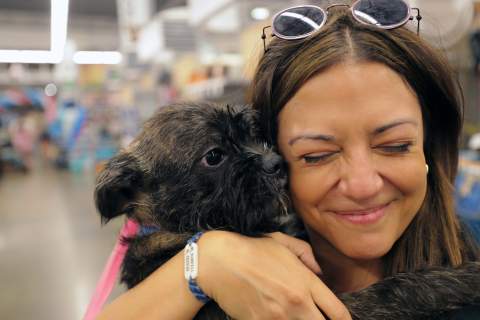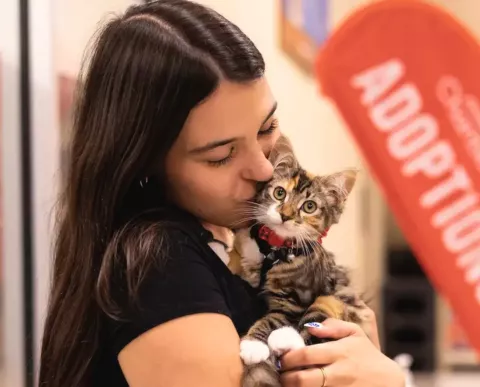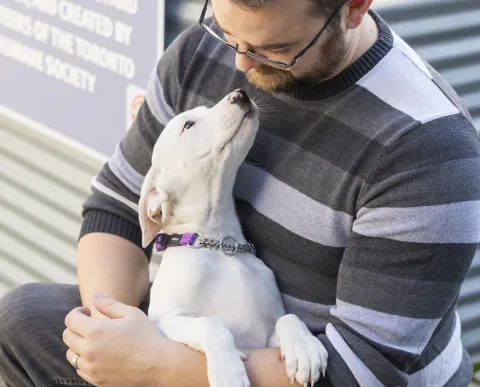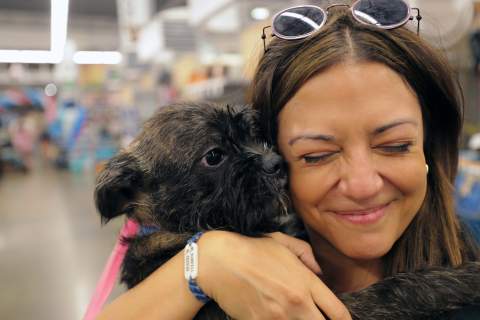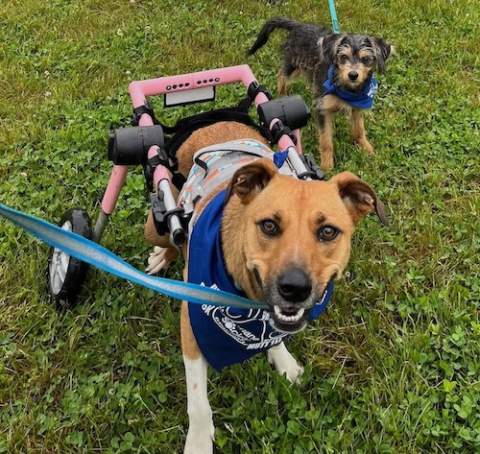Sixteen-year-old Kristyn Farley is remembered for her positive attitude, passion for all-things Lord of the Rings related and, most notably, her love of dogs. As a pediatric oncology patient at East Tennessee Children’s Hospital, she enjoyed getting visits from dogs in the pet-assisted therapy program while her own four-legged family members waited for her return at home.
“There was a lot of pain involved with Kristyn’s treatment and she didn’t want to see anyone unless they had a dog with them,” recalls Sue Wilburn, who is vice president of human resources for the hospital. “She often asked to visit with the dogs on her hospital bed, which wasn’t permitted at first. Now, if you meet certain eligibility requirements, patients can have pets on their bed. We call it Kristyn’s law in her memory and it’s made such a big difference in the way we provide pet therapy at the hospital.”
For more than 20 years, therapy dogs have been visiting Children’s Hospital patients for one hour a week, thanks to Human-Animal Bond in Tennessee (H.A.B.I.T.) program, provided by the University Of Tennessee College Of Veterinary Medicine. Behaviorally screened H.A.B.I.T. dogs help normalize the hospital experience for patients and their families, easing stress and anxiety and providing unconditional love and attention.
“You can visibly see a child’s anxiety level drop when a dog enters a room and you can also see parents’ levels drop as well,” said Seth Linkous, marketing and communications director at Children’s Hospital.
The therapy dogs also serve as motivation and even a distraction for patients who may feel discouraged or anxious about their diagnosis or recovery and help Children’s Hospital staff find solace when dealing with tough medical cases.
Honoring Kristyn
When Kristyn lost her battle with cancer in 2016, members of East Tennessee Children’s Hospital wanted to honor her in a unique way. For them, the answer was clear – hire Children’s Hospital’s first-ever full-time facility support dog, a 6-month-old female Golden Retriever named Farley. By carrying Kristyn’s surname, Farley is ensuring she leaves a lasting legacy of care at East Tennessee Children’s Hospital.
“Kristyn was a dog lover and an inspirational fighter,” Wilburn said. “And the staff loves the dogs as much as the kids. Giving medical care can be stressful and hard work. There are certain times when the staff needs a little break even though we experience so much hope and healing here, too.”
Christina Ryskamp, store leader at PetSmart in Knoxville, and Chris Bault, district leader for the Smoky Mountains region, nominated the hospital to receive a grant from PetSmart Charities as part of the organization field grant program, to help hire Farley. The program allows local PetSmart Associates to build and strengthen relationships with organizations in their local communities.
“For years, our team has worked with East Tennessee Children’s Hospital to collect and donate plush toys to bring a smile to the faces of its pediatric patients during the holiday season. Seeing the reaction of those children inspired us to want to do more,” said Ryskamp. “By helping the hospital secure its first full-time facility dog, we know Farley will be able to make a difference every time she interacts with hospital staff or enters a patient’s room. It’s an honor to be a small part of something that will make a big impact for years to come.”
Farley must undergo H.A.B.I.T. temperament evaluations and be at least a year of age before she can interact with hospital patients in an official capacity. But for now, Farley has been living with Wilburn since she was hired in late 2016 and is a very playful and alert puppy. Every day, she commutes to work with Sue, prancing throughout Children’s Hospital campus and greeting families, children and staff that are in her path, helping her get further acclimated in a hospital setting.
“She’s just a regular dog at home but loves people petting her,” said Wilburn. “When I saw her, I knew we needed a dog like her.”
A lasting legacy
This spring, Sue had the pleasure of introducing the Farley family to Farley for the first time and they were very moved by Children’s Hospital’s decision to name the facility dog after their loved one. They also hope Farley will be able to make a difference in other patients’ and families’ lives.
Wilburn said, “The family is so positive and engaged that they want to make sure their experience at the Hospital can help someone else.” And with Farley’s help, it will.
While the staff has seen first-hand how pets can make a difference in the lives of their patients, like Kristyn, East Tennessee Children’s Hospital is part of a research study, led by the University of Tennessee College of Veterinary Medicine and funded by The Human Animal Bond Research Institute (HABRI), to see how pet-assisted therapy directly impacts pain management. Results of the study will be released later this year.
